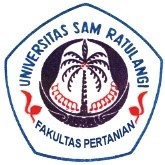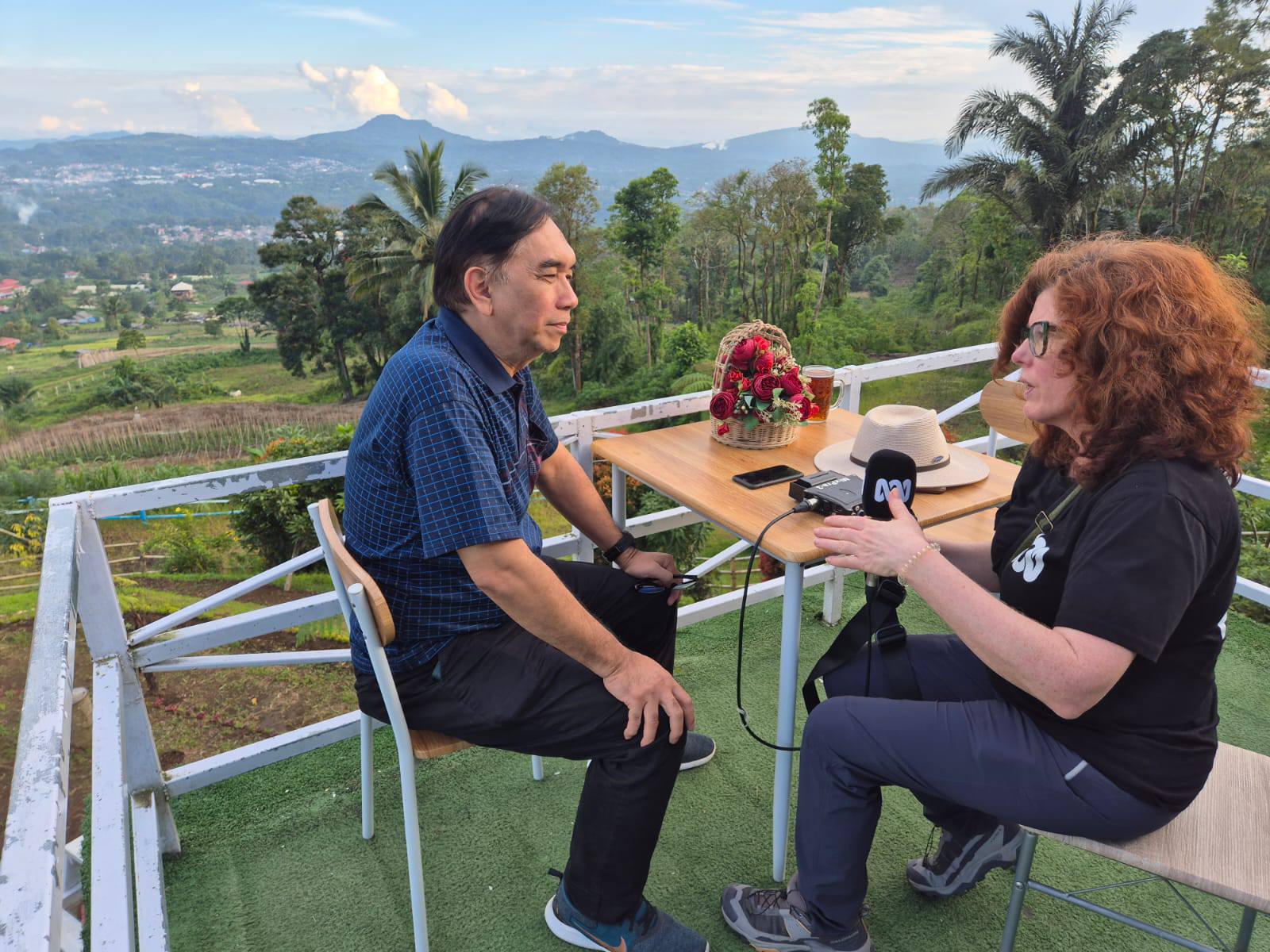Agriculture remains a key pillar for North Sulawesi’s food security, with rice as a main focus. Meanwhile, coconut, rice farming under coconut areas, maize, potato, and highland horticultural crops play an increasingly important role in supporting farmers’ income.
Farmers’ earnings are still relatively low, so government subsidies and support for farm machinery and infrastructure remain crucial.The agricultural challenges here include pests and diseases, climate change, limited infrastructure and market certainty.
I also emphasized the need to enhance farmers’ capacity and supply chain efficiency to make agriculture more competitive and sustainable.
This year, the number of new students at the Faculty of Agriculture increased from 460 to 514 (8 study programs), reflecting growing public interest in agricultural studies. Innovation programs such as internships in Japan starting in 2026, expanded collaboration with ACIAR (Australia), and national initiatives like the President’s Food Security and MBG (Makan Bergizi) programs have inspired more young people to pursue careers in agriculture.
When asked about the impact of the ACIAR project, I noted that it strengthens the capacities of farmers and the hotel–restaurant sectors. Mushroom cultivation, the current focus, has strong potential in North Sulawesi, and I’m personally interested as it is profitable and requires little land.
When asked about the opportunity for Australian students to study at the Faculty of Agriculture UNSRAT, I replied, “Yes, we are ready to welcome Australian students for short-term study or exchange programs, especially in biodiversity under the Forestry Study Program and the mushroom cultivation project led by Dr. Tati and the UNSRAT–ACIAR team, which has shown real impact.
More lecturers and students will be involved next year in national agricultural programs, and collaboration with industries, central ministries, and international partners will be further expanded to strengthen research, innovation, and practical impact.
We aim for food security, and for a generation of skilled, innovative young farmers who will strengthen North Sulawesi-Indonesia’s agricultural future.
(Summary of the interview).


